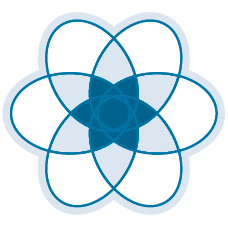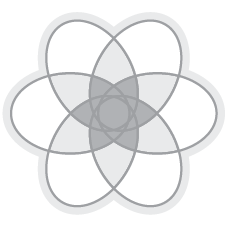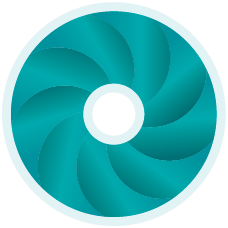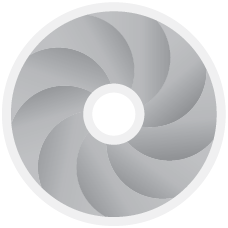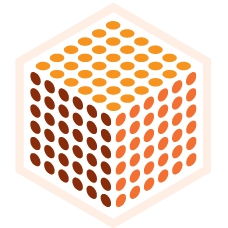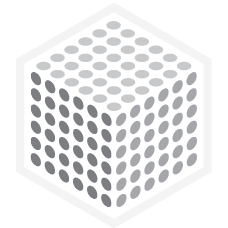1. Medical Expert (EXP) (linked EPAs: 1, 2, 3, 4, 5, 6, 7, 8, 9)
As Medical Experts, physicians possess a comprehensive body of knowledge and skills which they apply in medical practice. They collect and interpret information, perform problem analyses, and make appropriate clinical decisions within their area of expertise and competence. They check whether their decisions and associated actions are up to the appropriate quality standard and have the desired effects. They assess the extent to which they need supervision in their professional activities. They deliver curative and preventive care using evidence-based, ethically sound, and economically viable standards. Medical care includes both somatic and psychosocial aspects and tackles acute and chronic disorders and situations. Medical experts engage in effective oral, written, and electronic communication with patients, relatives, and other professionals in social services or healthcare. They keep themselves updated on developments in the field of medicine and acquire a critical awareness of the social and ethical issues associated with the progress of science.
The following “expert” section synthesizes the key objectives of undergraduate training, and as such overlaps with the objectives provided in the six other roles (as shown in the CanMEDS ‘flower’).
They are able to:
| GO | 1.1 | describe and integrate the structures and underlying mechanisms governing the function of the human body, from molecular to organ level |
| GO | 1.2 | demonstrate a good knowledge of all common situations in each discipline |
| GO | 1.3 | perform a patient-focused consultation in the time allowed |
| GO | 1.4 | identify and prioritize issues to be addressed in a patient encounter, and elicit a relevant, concise and accurate personal and family history from the patient and other sources |
| GO | 1.5 | perform triage assessment and interventions,
taking into account clinical urgency, the potential of deterioration, and
available resources |
| GO | 1.6 | conduct an effective general or specific physical examination |
| GO | 1.7 | analyse and interpret data to establish a differential and a working diagnosis (clinical reasoning) |
| GO | 1.8 | integrate the foundations of basic medical sciences into their clinical reasoning and the selection of relevant procedures and investigations |
| GO | 1.9 | establish a patient-centred, shared management plan and deliver high quality cost-effective preventive and curative care, especially when dealing with a patient who is vulnerable and/or multimorbid (elderly) or who suffers from a terminal illness |
| GO | 1.10 | demonstrate safe prescribing |
| GO | 1.11 | prioritize and perform procedures in a skilful and safe manner |
| GO | 1.12 | obtain and document informed consent, explaining the risks, benefits and rationale for the proposed options |
| GO | 1.13 | advise and counsel patients on their health and lifestyle in an empathetic non-judgmental manner. Perform a motivational interview |
| GO | 1.14 | set up and conduct a discussion with the family/caregivers and manage options/decisions regarding the patient’s health, condition and outcomes |
| GO | 1.15 | demonstrate appropriate medical data and information management |
| GO | 1.16 | integrate the advancements produced by evidence-based scientific research into clinical practice |
| GO | 1.17 | develop a critical awareness of common stereotypes that might bias clinical activities, related to factors such as age, gender, ethnicity, culture and representations. |
| GO | 1.18 | identify the impact on health of sex (i.e. biological difference related to sexual determination), and gender (cultural and social differences between men and women in terms of roles and expectations). Address these issues in medical activities |
| GO | 1.19 | incorporate and apply the foundations of biomedical and clinical ethics in patient care; respect values such as autonomy and dignity; identify and weigh up, in situations posing ethical dilemma, the various options available and how principles and values may affect them |
| GO | 1.20 | recognize and disclose conflicts of interest that might compromise equitable, high quality care at individual and collective levels |
| GO | 1.21 | comply with the code of ethics and the recommendations of the Swiss Academy of Medical Sciences |
| GO | 1.22 | take Swiss legislation into account in the care of the patients, in particular coverage for disease, accidents, occupational disease and disability; display awareness and respect for the rights of the patient |
| GO | 1.23 | understand the population perspective as a core aspect of public health, and the application of basic principles of social medicine; advocate for the health and healthy environment of the local community and society as a whole |
| GO | 1.24 | take into account the economic, social and cultural aspects of health maintenance prevention and care at individual and community levels |
| GO | 1.25 | practise self-reflection and critical thinking related to evolution of the health system; recognize and respond to the complexity, uncertainty, and ambiguity inherent in medical practice |
